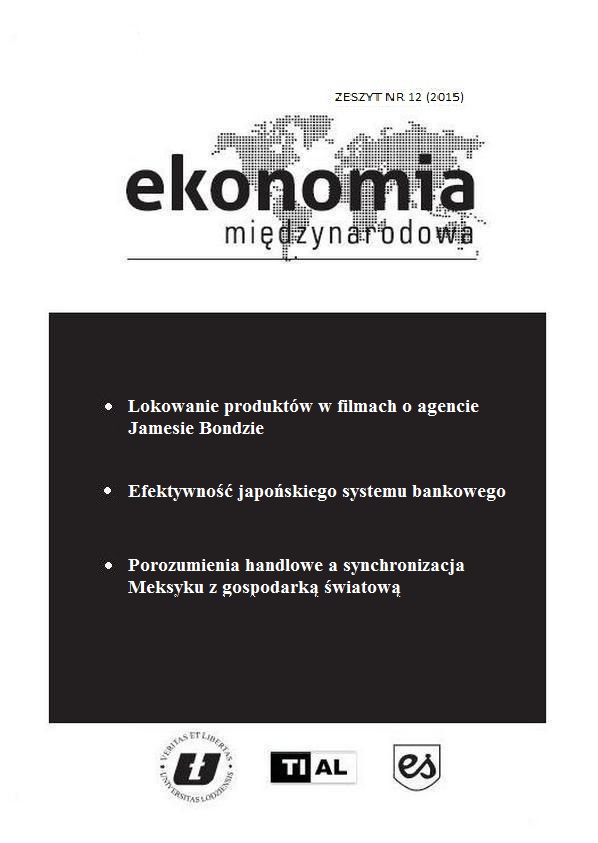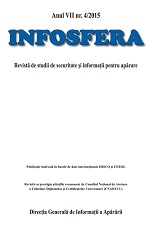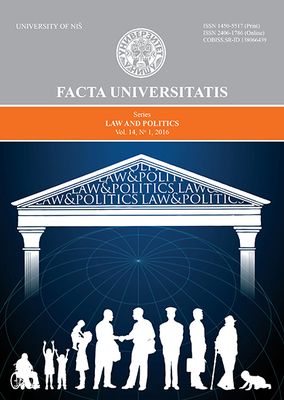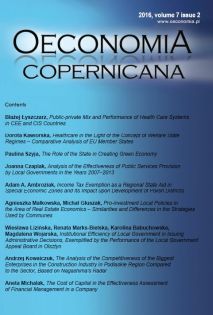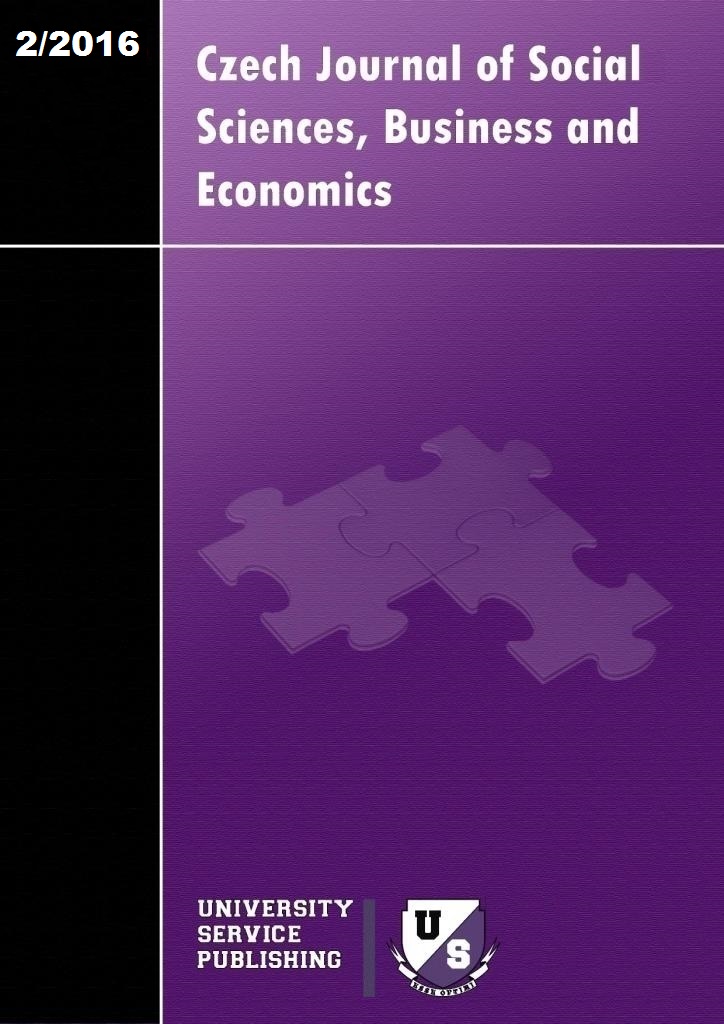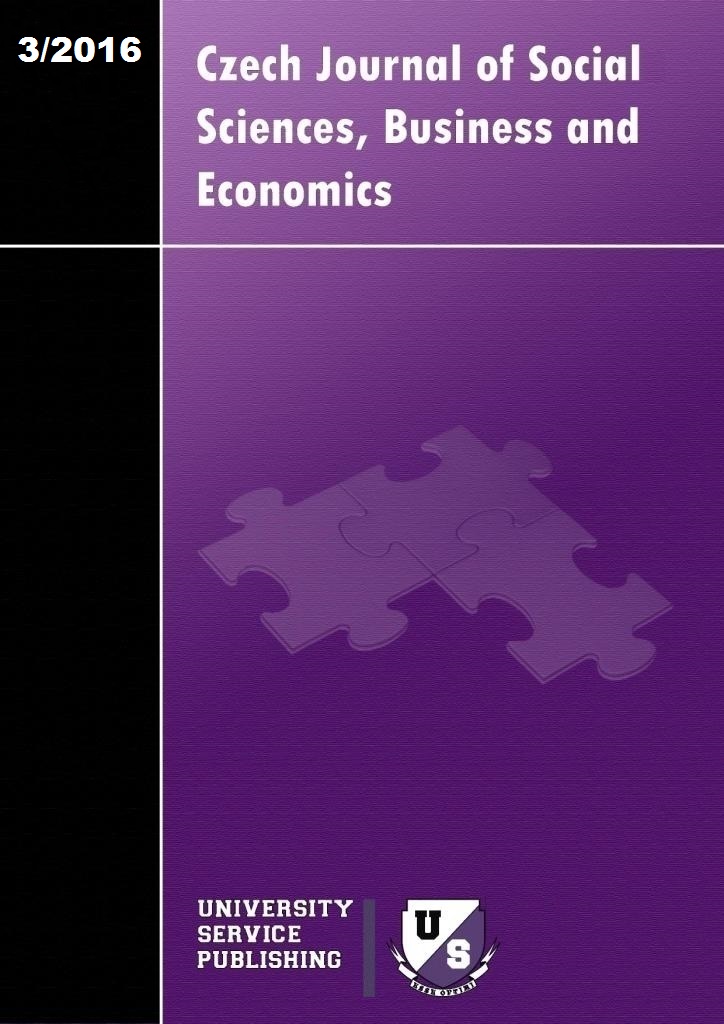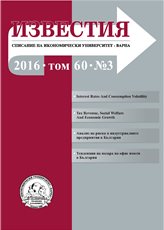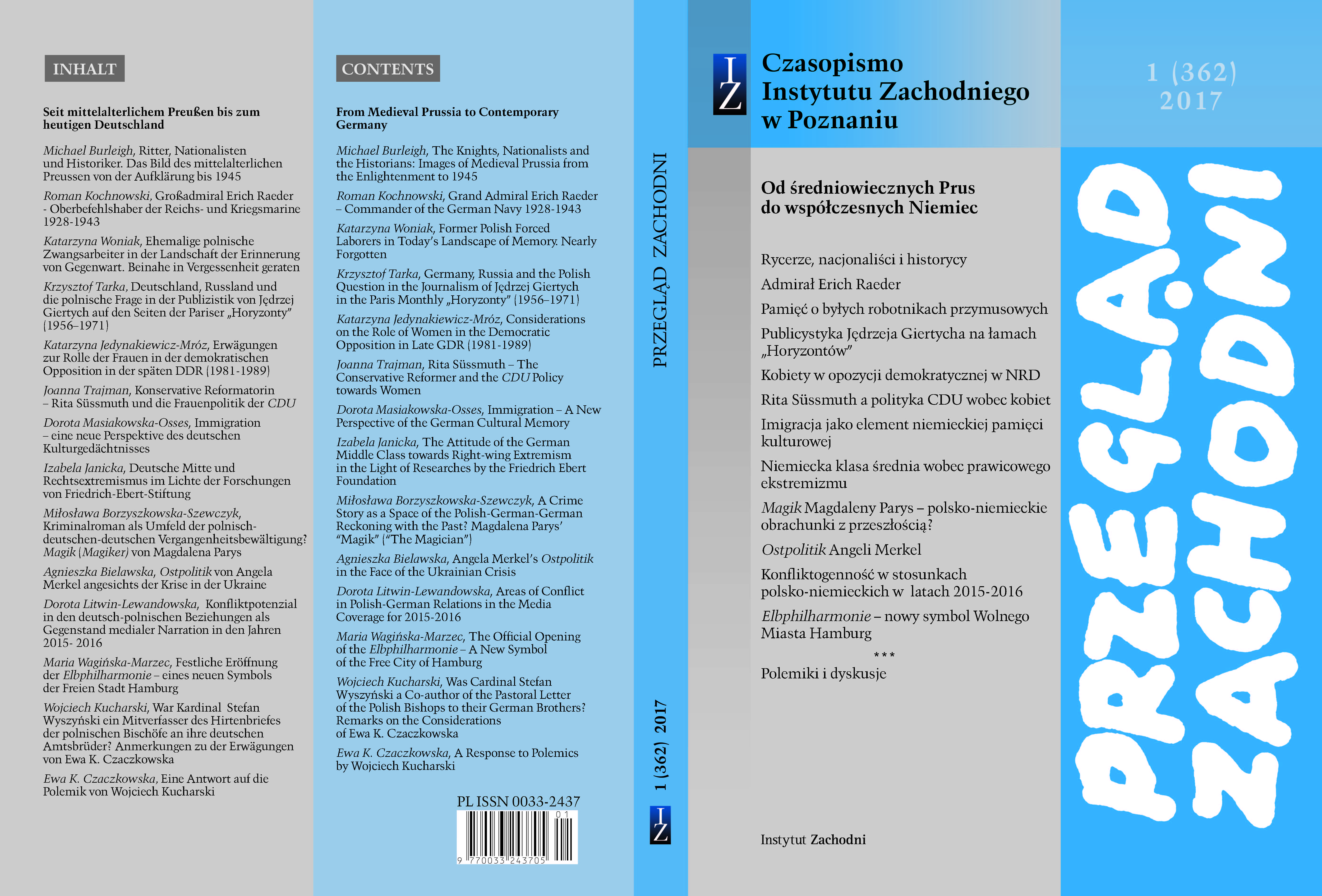THE IMPERATIVE OF IMPROVING THE FINANCIAL REGULATORY FRAMEWORK UNDER CRISIS CONDITIONS - A CONTRADICTIO IN ADJECTO OF THE NEOLIBERAL PARADIGM
The global financial crisis has caused massive interventions by monetary and fiscal authorities, such as the rehabilitation of failed banks, insurance companies and other financial institutions and insertion of huge amounts of money into the financial system, with a view to their rescuing and preventing further spread of the crisis. Such an environment has challenged the basic postulates underlying neoliberalism as the ruling economic doctrine of the 1980s. In this regard, the question is whether the imperative requirements for improving the financial regulatory framework have caused a substantial relativization of the hitherto dominant neoliberal paradigm.
More...

